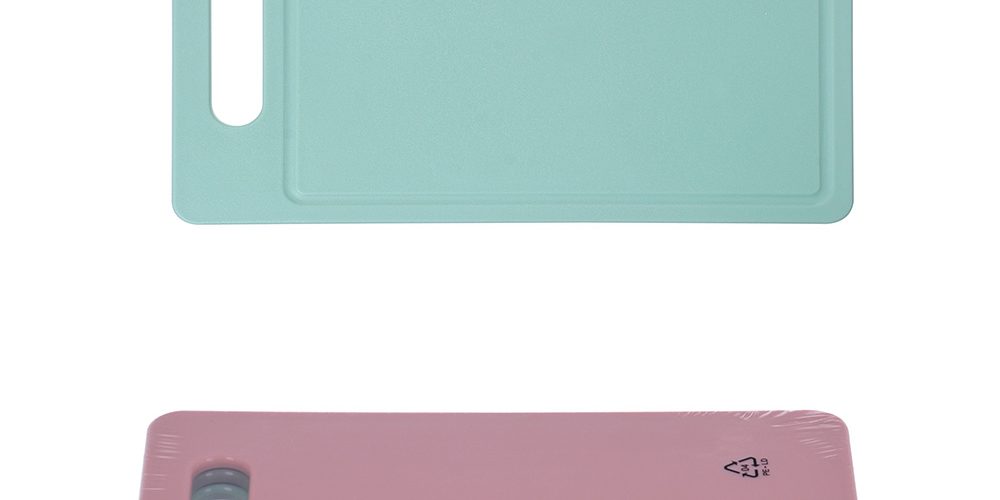Choosing the right cutting board for your kitchen is a decision that can impact both your cooking experience and food safety. Plastic cutting boards are a popular option, but they come with their own set of advantages and disadvantages. In this article, we’ll examine the pros and cons of plastic cutting boards to help you make an informed choice.
Pros of Plastic Cutting Boards:
- Affordability: Plastic cutting boards are often more budget-friendly than their counterparts made from wood or other materials.
- Ease of Cleaning: Plastic cutting boards are easy to clean and sanitize. They can be washed in the dishwasher or with warm, soapy water.
- Non-Porous Surface: Plastic boards have a non-porous surface, which means they are less likely to absorb liquids, odors, or bacteria.
- Lightweight: Plastic cutting boards are lightweight and easy to handle, making them convenient for everyday use.
- Variety of Colors: Plastic cutting boards come in various colors, allowing for color-coded food preparation to reduce the risk of cross-contamination.
- Durability: While plastic boards can develop knife marks over time, they are generally durable and less likely to splinter or crack compared to wooden boards.
Cons of Plastic Cutting Boards:
- Knife-Friendliness: Plastic cutting boards can be hard on knife edges and may require more frequent sharpening.
- Wear and Tear: Over time, plastic boards can develop deep knife marks that can be challenging to clean thoroughly.
- Replacement: Plastic cutting boards may need to be replaced more frequently than some other materials, especially if they become heavily worn or damaged.
- Staining: Some foods, like tomatoes or beets, can leave stains on plastic cutting boards.
- Environmental Concerns: Some individuals are concerned about the environmental impact of plastic cutting boards, given the issue of plastic waste.
- Heat Resistance: Plastic cutting boards are not as heat-resistant as some other materials, and hot pots or pans can cause them to warp or melt.
In summary, plastic cutting boards offer affordability, ease of cleaning, and non-porous surfaces that resist bacterial growth. However, they can be hard on knives, are prone to wear and staining, and may require regular replacement. Consider your specific cooking needs and preferences when deciding whether plastic cutting boards are the right choice for your kitchen.






